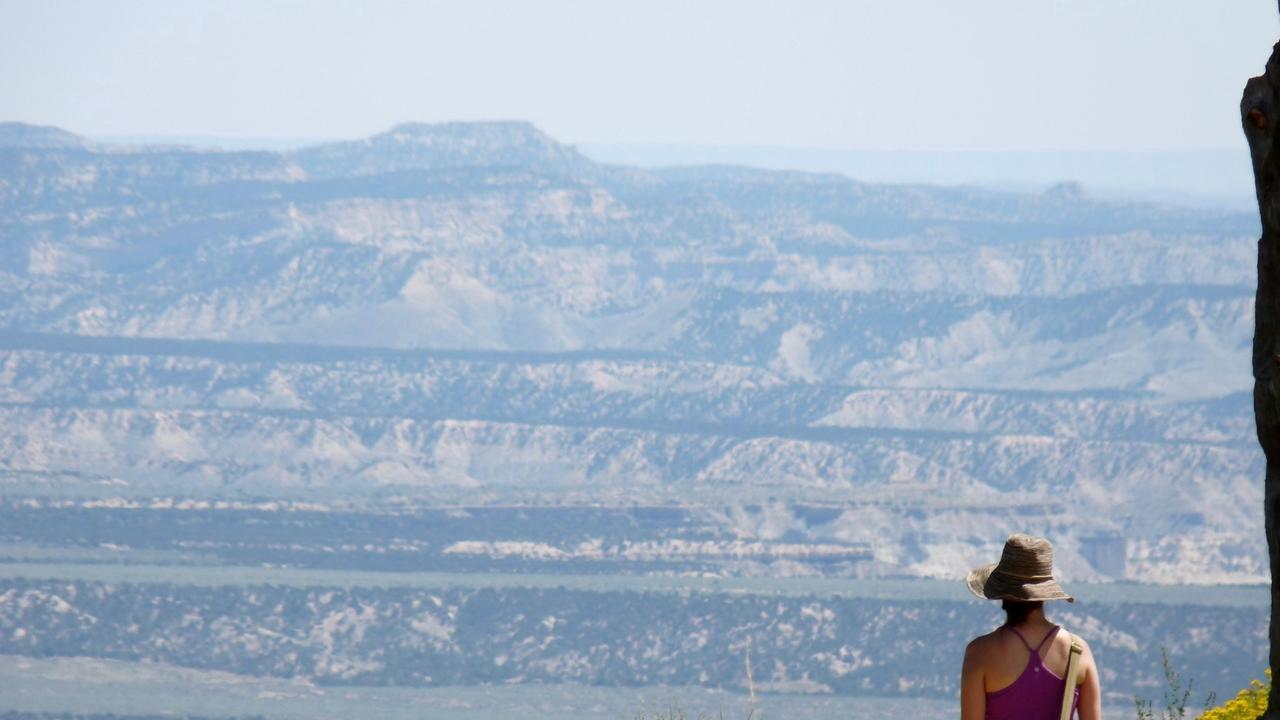How do I learn Shamanism?

How do I learn Shamanism?
by Steve Serr
A good question, but if you are heading out to learn shamanism, a better question is...
How does one become a shaman!
I know this sounds weird, but if you are heading out to be a shamanic practitioner, you are going to be facing not so much plugging stuff into your brain, which is usually what people think when they think about learning things, but rather, by becoming.
I did not abruptly end that sentence. I mean it exactly as it is written: to be a shaman is not so much about learning, but about becoming. Learning simply can't take you all the way there. Even the most intensive studying in the world does not make one a practitioner. It is a matter of who one is, and not so much what one knows, that makes a shaman.
So, now that we realize it is going to take more than just sticking something in your brain to get there: how then, does one edge closer to being a shaman?! Very simply, you've got to build a three-legged stool, something that is very stable, yet requires all three legs in order to stand firm and do what a stool is supposed to do!
The first leg, is the personal hard work of developing the person who is the shamanic practitioner. This is finding one's compassionate heart along with a purity of intention, that is in addition to developing the skill and knowledge base of what a practitioner must know. The student must learn how to find a balanced lack of self-interest combined with a deep desire to serve others in a healing manner.
A shaman has an almost counter-intuitive challenge: she or he must relax their 'grip' on reality into a flexible orientation, yet with wide opens eyes, keen awareness, and an almost superhuman amount of self control. It is this conundrum; flexibility firmly resting on solid grounding and stability, that is what one must solve. These are the dimensions of the person who wants to develop as a shamanic practitioner: characteristics that often seem contradictory. In other words, the shaman must be unusually psychologically strong.
Who we are as a person, is as least as important a part of a shaman's education as would be the experiences they must experience and the knowledge of things they must know. Yes, there are many practices, rituals, and techniques that encourage mastery in facilitating healing or divination. However, it is who the student is - the person in whom the practice manifests, that is at least as important as what that practitioner knows. This is the 'who' upon which all of one's shamanic healing ability ultimately rests.
Second, becoming a shaman is also a matter of the spirits. You are not in this alone... far from it! In fact, the shaman is almost secondary, and is actually more-or-less along for the ride. It is not the shaman, but the spirits who have the only power that ever allowed any shaman throughout history to effectively catalyze a healing or discern a divination. Moreover, it is the spirits who choose the shaman... not the other way around. It is the spirits who decide who they work with, and it is entirely up to them whether they chose to stay, or not.
Thirdly, it is the community around us: our clients, their families, and friends and friends of friends who will determine whether anyone is a shaman or not. It is not something we can do, by just putting up a street sign that says 'Shaman Here'! There are all sorts of different terms in the many languages throughout the world for those who have been recognized for the knowledge, personal characteristics and demonstrated ability to access the spirit world that through the shaman, serves in divination and healing. And, it is the community that decides to call a person by whatever that local term is.
One of my students wrote to me as part of her regular assignments and explained why a particular lesson took her an extra week or so to accomplish. She wrote:
"In the weeks following my last post, I have engaged in the practices… on many occasions and on many different levels. I have been ‘living’ my shamanic practice and have been so grateful for these gifts. Shamanism is not something that should be ‘studied’; rather, it is a gift of living and experiencing.
I want the exercises you give to me to become a part of who I am; therefore, I have lived the experience many times before I actually sat down to post."
This... is how someone 'learns shamanism'. We become it, it becomes us. It settles in our bones. It is not what we know, but who we become that counts.
Steve Serr




